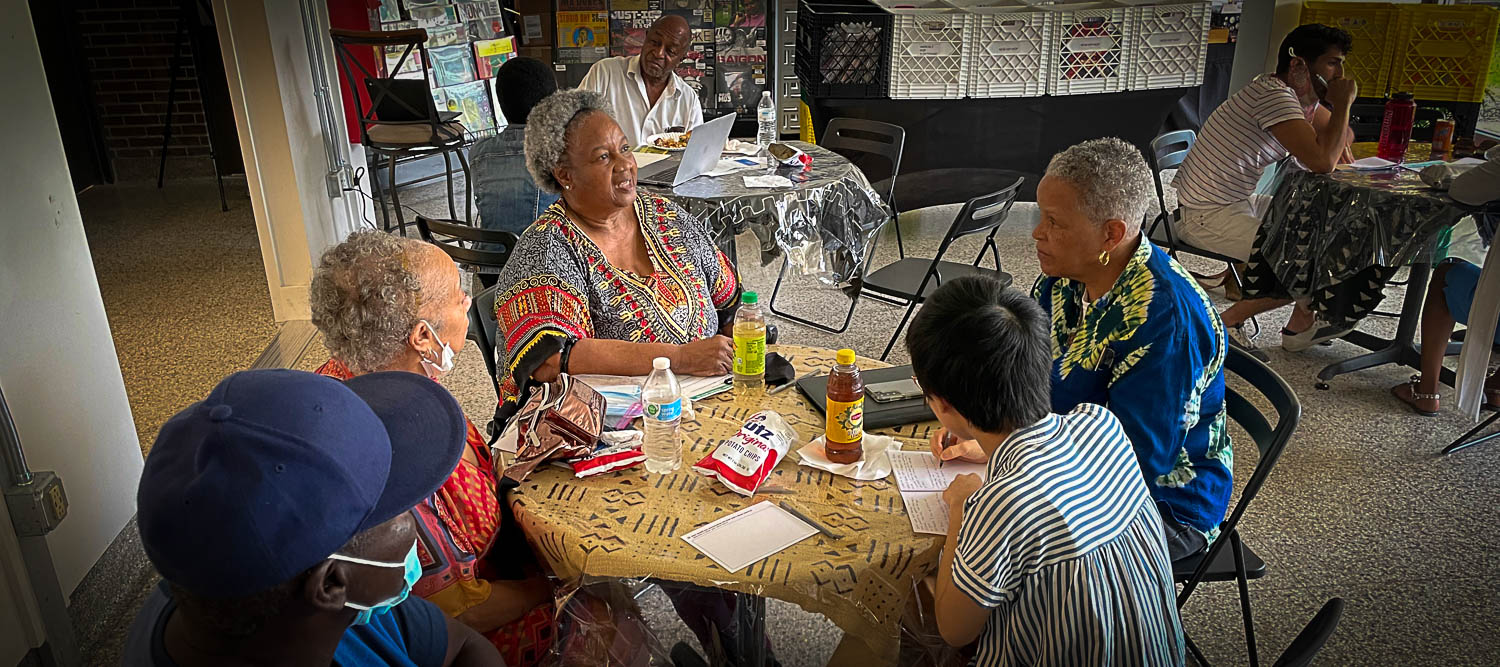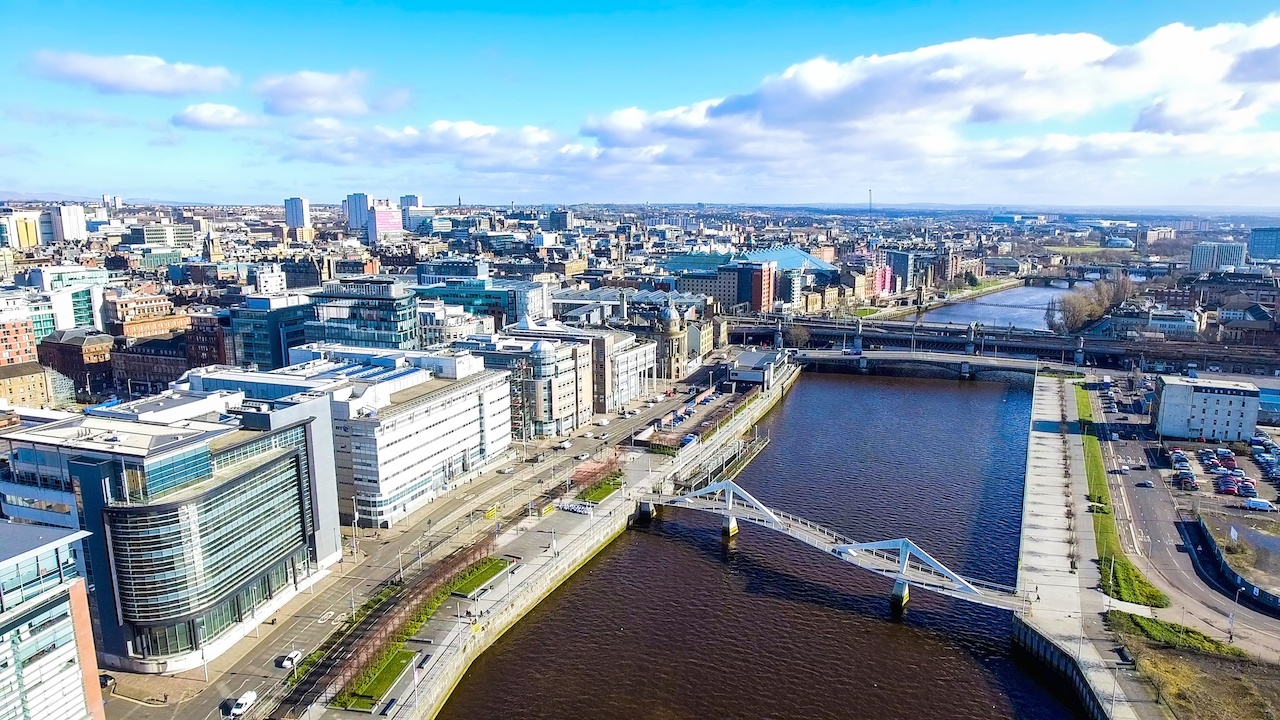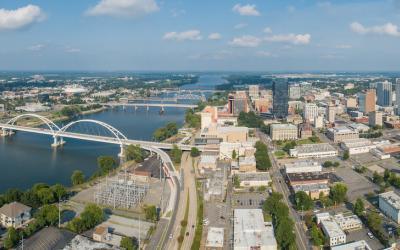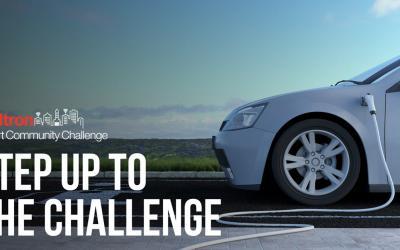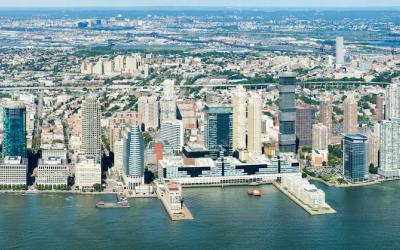Meeting of the Minds
What began as a 2-day summit in Oakland, CA in 2007, has grown into an internationally recognized non-profit organization with world-class events, year-round leadership programming, and an unparalleled digital platform.
Our mission is to bring together urban sustainability and technology leaders across sectors to share knowledge, best practices and catalyze lasting alliances and partnerships. We foster person-to-person and city-to-city learning by curating emerging trends and spotlighting projects and practitioners working on the future of sustainable, resilient, and equitable cities and regions.
We believe that the best solutions and partner ecosystems result from collaboration and engagement across sectors and disciplines. We convene leaders from international bodies, local government, state and federal government, corporates, startups, non-profits, academics and philanthropy.
Meeting of the Minds thanks and acknowledges the support of our current and past sponsors, including:
Foundations
Annie E. Casey Foundation
Barr Foundation
Burton D. Morgan Foundation
Ford Foundation
Lincoln Institute of Land Policy
Living Cities
New Economy Initiative
Paul G. Allen Philanthropies
Robert Wood Johnson Foundation
Rockefeller Foundation
The California Endowment
The California Wellness Foundation
The Cleveland Foundation
The JPB Foundation
The Kresge Foundation
The Volvo Research and Education Foundations
Healthcare
Kaiser Permanente
Sutter Health
Telecom
AT&T
Comcast
Qualcomm
Verizon
Global Technology Leaders
Cisco
Dassault Systémes
IBM
Itron
Microsoft
Oracle
Philips Lighting/Signify
Schneider Electric
Siemens
Transportation Leaders
Bombardier
Cubic
Daimler/Car2Go
Ford
JUMP Bikes/UBER
Lacuna
Keolis
Lyft
Streetlight Data
Toyota
Zipcar
Financial Institutions
JPMorgan Chase
PNC Bank
Wells Fargo
IT & IoT
Atonix Digital
Cleverciti Systems
Iteris
Logicalis
Roadbotics
RelayR Corp
Planning, Design, Architecture, Real Estate, Engineering, Construction
Black & Veatch
CBRE
CH2M Hill
Colliers
DKS Associates
Jones Lang LaSalle
Oxford Properties Group
Ramboll
Skidmore Owings & Merrill
WSP
Consulting Firms
Cognizant
ENGIE Impact
Deloitte
EY
PwC
Government
Ann Arbor SPARK
City of Berkeley, CA
Cuyahoga County
Federal Reserve Bank of San Francisco
JobsOhio
Metrolinx
State of Michigan
Resources: Water and Energy
AEP Ohio
DTE Energy
Festival Hydro
FirstEnergy
Marin Clean Energy
Natural Resources Defense Council
Sacramento Municipal Utility District
Shell
Xylem Water
Innovators
Cleveland Neighborhood Progress
JumpStart
Natural Resources Defense Fund
Rock Ventures
The New School
University of California
UrbanFootprint
Recent Webinars
Recent Articles
Heat Action Planning is Tackling Urban Heat at the Hyper-Local Level
A participatory heat action planning process, Nature’s Cooling Systems, identified urban heat mitigation and adaptation strategies that focus specifically at the neighborhood scale. The framework is called the NCS Heat Action Planning Guide. The core team, consisting of The Nature Conservancy, Arizona State University, and Maricopa County Department of Health, selected three heat vulnerable communities based upon heat intensity, strong community identity, health risk factors, the presence of development projects planned or underway, and other factors. The three neighborhoods involved in heat action planning are Edison-Eastlake and Lindo-Roesley in Phoenix, and the Mesa Care neighborhood in Mesa.
The Blueprint for Community Business Success
There is a lot that a city leader can do just by being a vocal champion for entrepreneurship. Mayors uniquely understand their communities’ assets and are therefore in a position to communicate and advocate on behalf of the city’s entrepreneurs. Engaging entrepreneurs and regulators in focus groups, appointing a special city official or liaison to entrepreneurship, and requiring city departments to review procurement and contracting, are all cost-effective tools that mayors have at their disposal to reduce the barriers for entrepreneurs.
Itron Smart Community Challenge: Transforming the Grid with Electric Vehicles
In 2020, we begin a new decade in which vehicle electrification is becoming a dominant force in reshaping the electric grid. A transformation of this scale presents a significant opportunity for utilities. Utilities realize that electric vehicles (EVs) will play a...
Parks for All, Not Just the Privileged: Data-Driven Approaches to Park Equity
City Parks Alliance believes that all residents deserve access to high quality parks, and we believe that cities are wise to prioritize access for all residents for the health, environmental, and community benefits. That is why we also recently commissioned Investing in Equitable Urban Park Systems: Emerging Strategies and Tools, as part of a national initiative to help cities address park equity while promoting innovative strategies for funding parks and green infrastructure. Urban Institute led the research and published the report, which explores funding models and their equity considerations in cities of various sizes across the country.
Insurance Companies in the New Mobility Service Market
MaaS can create new channels and business opportunities for insurance companies. In the future, the main revenue stream of mobility insurance is expected to be fleet insurance, end-user related insurance (for on-road accidents, property loss and damage, third party and liability, trip cancellation, and delays), and insurance for the workforce. In order to unleash this new potential, the first step is to gain understanding of which products are already covered within the new mobility ecosystem, and which are not. MaaS Alliance is currently working on a gaps analysis to establish a clear picture of what elements in the new mobility ecosystem are covered by existing mandatory or additional insurance schemes.
12 KPIs to Evaluate Success of Urban Micro-mobility Programs
In the past few years, micro-mobility services have been arriving at unprecedented speed and scale to cities that are oftentimes ill-prepared to manage them. Typically, these services are introduced by private operators and are deployed as a “floating” system, meaning that only the vehicles themselves are physically present in public spaces. Legislation does not clearly define these new vehicles, and new business models do not fit neatly into existing methods of managing private businesses in public spaces.
The transportation community has responded by producing several helpful publications on the topic of micro-mobility, bringing more clarity and understanding to this phenomenon, documenting the growth and expansion of programs in cities, and providing guidance on good practices.
At Ramboll Smart Mobility we wanted to push the discussion away from general statistics about micro-mobility, and towards the identification of strategic goals and tangible key performance indicators (KPI). The KPIs can be measured by any city to better understand how successful and sustainable they are in providing new mobility options to their communities, and where they can improve.




